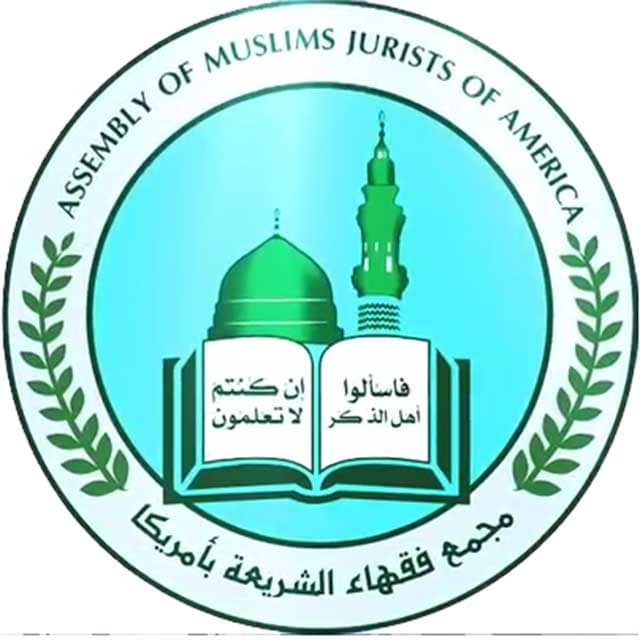Organization Biography
The Assembly of Muslim Jurists of America (AMJA), is an independent, nonpartisan, nonprofit organization with tax-exempt status under Internal Revenue Section 501(c)(3) (tax ID 75-2994817). It was established in response to the growing need of an Islamic jurisprudence specific to Muslims in the West. Its main goal is to uphold authentic standards using high academic standards, moderate approach and a rejection of extremism.
AMJA’s influence reaches far beyond the walls of mosques and Islamic Centers. Its work strengthens the moral character of society by developing the leadership capacities of Imams (religious leaders). Equipped with continued passion and tenacity to their work, AMJA scholars, experts, and Imams lead the Muslim community into a better understanding of the practice of the religion of Islam in Western societies.
Mission & Vision Statements
Our Goals are:
- Issuing fatawa (religious formal opinions or rulings) pertaining to the cases and queries submitted to the Assembly according to the rulings of Shari’ah.
- Setting a plan for conducting lawful researches and studies on the circumstances of Muslims in the American society and the economic, social, intellectual, and educational problems Muslims recently face in such a community so as AMJA manifests their suitable juristic solutions and supervise their application.
Services/Programs they Provide
Our Services and Programs
Fatwa Hotline: +1 (916) 239–6233
Areas of Strength/Expertise
Specialization: All AMJA members are holders of Ph.D. in Islamic Shari’ah.
Neutrality: AMJA is owned by the whole Islamic nation and is a general joint scientific forum where all activists working for Allah’s religion all over the world meet away from factional coalitions or current organizational groups.
Combining between knowledge of Shari’ah and recognition of the reality. Like jurists, AMJA comprises an equal number of experts who enable jurists to deeply discern the reality where fatawa apply; “a fatwa” as scholars say is the knowledge of necessity in the reality. Juristic assemblies all over the world scrutinize medical issues like the transplant of body organs, human-made fertilization and human cloning, etc. However nobody says that the jurist is necessarily to be a physician so as to able to give a fatwa on these issues, but it is enough for him to know all details of such matters through those experts related to such assemblies; albeit those experts do not participate in the vote of deciding a juristic opinion.

